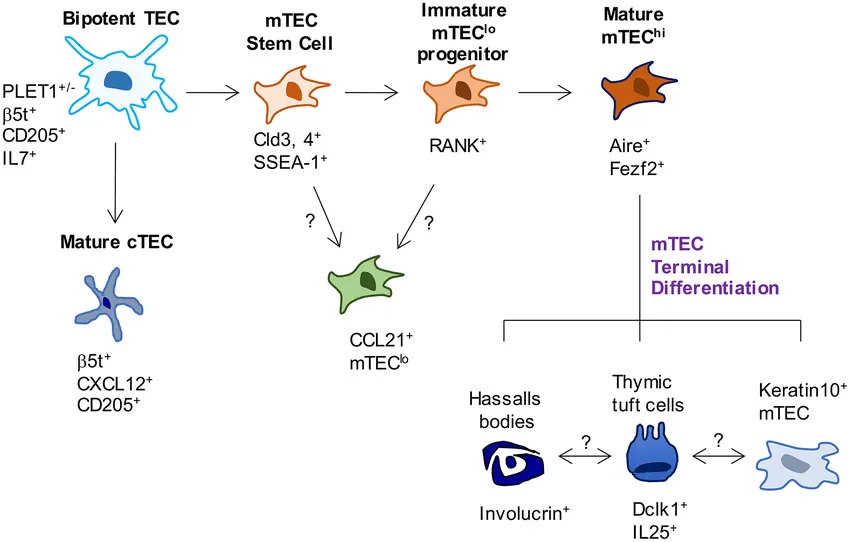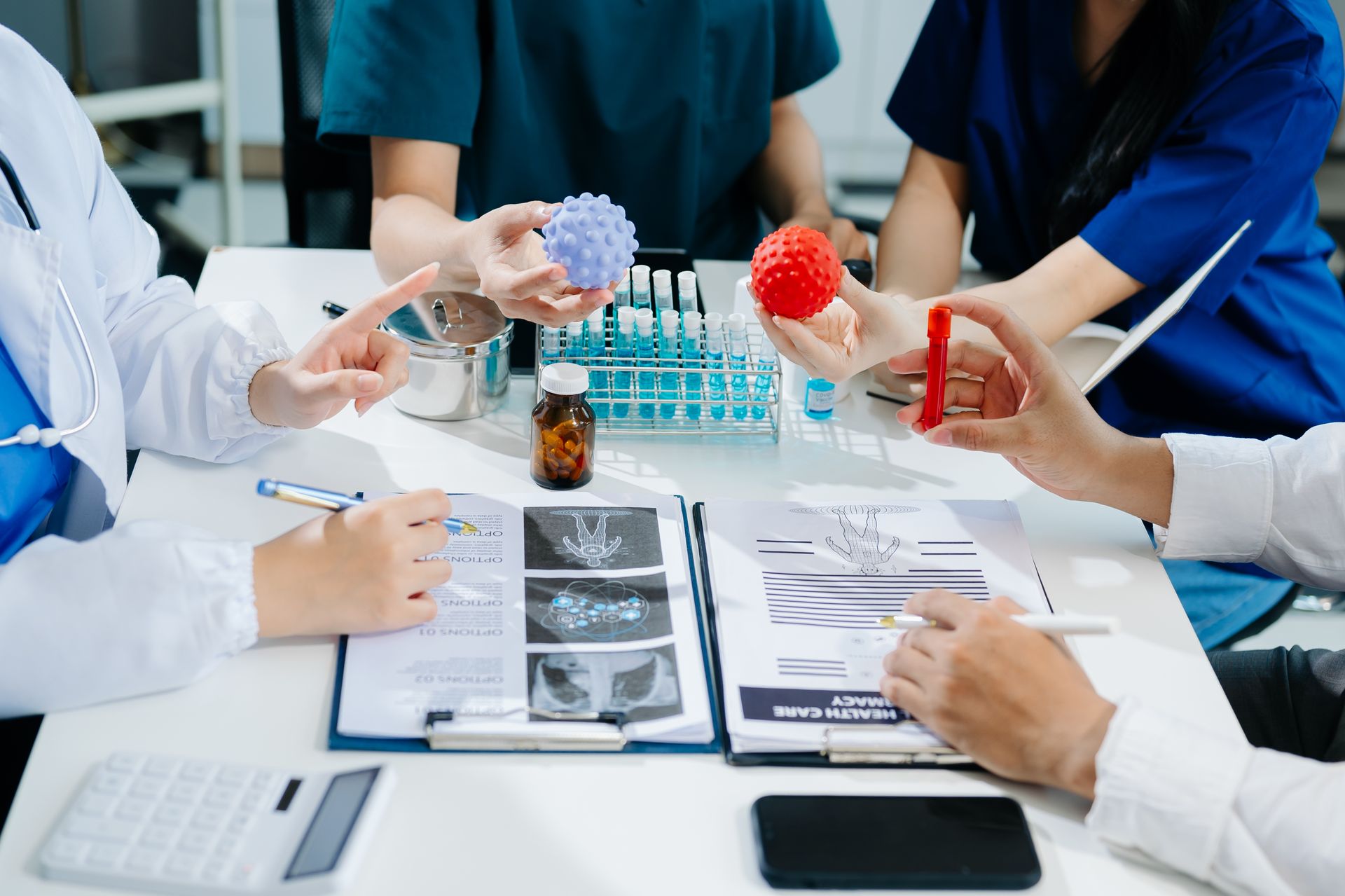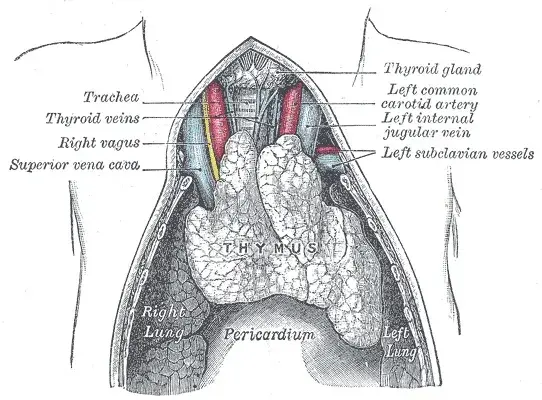The thymus is a vital organ for our immune system, responsible for producing T-cells that protect us against infections and diseases. However, as we age or undergo certain medical treatments like bone marrow transplants, the thymus gradually shrinks and loses function, leading to a weakened immune system. At ThymiStem, a European scientific consortium, researchers are pioneering innovative therapies to regenerate the thymus using advanced stem cell technologies. This breakthrough holds promise for improving immune health and enhancing recovery for aging patients worldwide.
Understanding the structure and function of the thymus is essential to appreciating the groundbreaking work done by ThymiStem in thymus regeneration. This video, Inside the Thymus, takes you on a detailed journey through this vital organ, explaining how it supports the development of the immune system’s T-cells.
Watch the video below to learn more about why the thymus is key to maintaining strong immune health and how regenerative medicine aims to restore its function.
The work being done by ThymiStem is more than groundbreaking science it represents a real opportunity to transform patient care. By developing lab-grown thymic epithelial cells and thymic organoids, researchers are laying the foundation for future treatments that could restore immune function in people affected by aging, chemotherapy, organ transplantation, or immune disorders. What begins in the lab today has the potential to become a life-saving therapy tomorrow. As this research progresses toward clinical application, it could mark a major step forward in regenerative medicine not just for the thymus, but for the way we approach rebuilding damaged organs altogether.
This research validates the core technology behind ThymiStem’s mission, providing a firm scientific basis for translating lab discoveries into immune-restoring therapies for patients affected by aging, chemotherapy, transplantation, or immune disorders.
1. What is the thymus and why is it important?
The thymus is a small gland located behind the sternum that plays a crucial role in the immune system. It educates and matures T-cells, which are essential for fighting infections and diseases. Without a functioning thymus, the body’s ability to defend itself weakens significantly.
2. How does the thymus change with age?
The thymus is most active during childhood and adolescence. After the age of 30, it gradually shrinks in a process called thymic involution. This shrinkage reduces the production of new T-cells, which can lead to a weakened immune response in older adults.
3. What is thymus regeneration?
Thymus regeneration involves restoring or replacing damaged or lost thymic tissue to revive its function. Cutting-edge research, like that done by ThymiStem, uses stem cell technology to grow thymic epithelial cells (TECs) and create thymic organoids that can rebuild the immune system.

4. Who can benefit from thymus regeneration therapies?
Patients who could benefit include:
- Older adults experiencing immune decline
- Cancer patients recovering from chemotherapy
- Organ transplant recipients needing immune system rebuilding
- Individuals with immune disorders or thymus-related diseases
5. What are thymic organoids?
Thymic organoids are lab-grown, miniaturized versions of the thymus created from stem cells. They replicate many of the thymus’s functions, including the maturation of T-cells, offering new possibilities for immune therapy and regenerative medicine.
6. How far is thymus regeneration from becoming a clinical treatment?
While research is progressing rapidly, thymus regeneration therapies are still in the experimental stage. Clinical trials will be necessary to ensure safety and efficacy before these treatments become widely available.

7. What are the future prospects of regenerative medicine for the thymus?
The future looks promising. Regenerating the thymus could revolutionize treatments for immune deficiencies, improve outcomes after transplants, and even slow immune aging. This approach may also pave the way for regenerating other vital organs.
In this talk, Valentina Vasquez discusses a personal experience that piqued her interest in regenerative medicine and explains the multiple applications of stem cells in the medical field.

